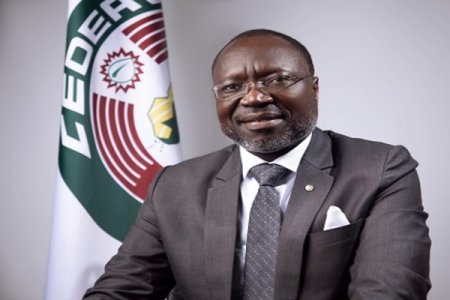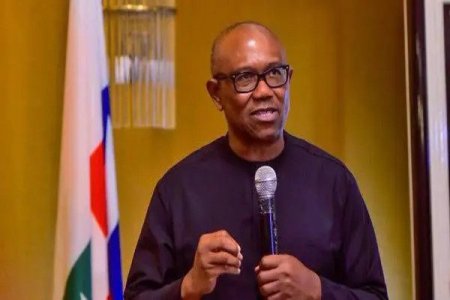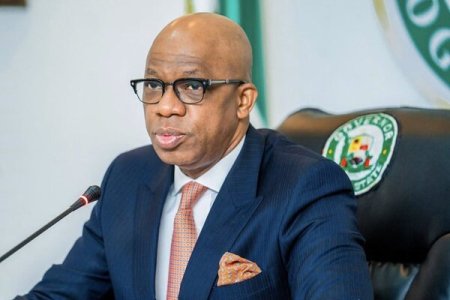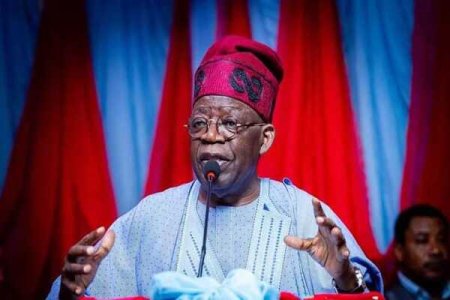
ECOWAS warns of disintegration and heightened insecurity following Burkina Faso, Mali, and Niger's formation of a breakaway confederation. ECOWAS President Omar Alieu Touray stresses the need for urgent measures and appoints Senegalese President Bassirou Diomaye Faye to mediate the crisis amid growing regional instability.
The Economic Community of West African States (ECOWAS) faces a critical challenge following the decision of Burkina Faso, Mali, and Niger to formalize their breakaway union. This move has raised significant concerns about the future of the regional bloc, which has been a cornerstone of economic and political stability in West Africa for nearly five decades.
Omar Alieu Touray, President of the ECOWAS Commission, highlighted the gravity of the situation, warning that the bloc risks "disintegration" if the juntas' decision is not reversed. The three countries, led by military governments that came to power through coups between 2020 and 2023, declared their intention to form a new confederation, the Alliance of Sahel States. This declaration signifies a turning point, as these nations assert their independence from the 15-member ECOWAS, citing dissatisfaction with the bloc's pressure for a swift return to civilian rule.
The breakaway threatens to disrupt the free movement of people across the region and could severely undermine joint efforts to combat insecurity, particularly through intelligence sharing. ECOWAS has been actively trying to persuade the juntas to reconsider their stance, emphasizing the potential adverse effects on regional stability.
In response to this crisis, ECOWAS has tasked President Omar Alieu Touray with adopting a "more vigorous approach" to address the issue. Additionally, Senegalese President Bassirou Diomaye Faye has been appointed to mediate the conflict. His generational alignment with the military rulers and shared critical views on Western influence, particularly France's, may aid in his mediation efforts.
The military-led governments have expelled French troops, opting instead for military support from Russia, further complicating the geopolitical landscape. Meanwhile, Germany has announced the end of its military operations in Niger, and the United States has significantly reduced its troop presence.
Nigerian President Bola Tinubu, recently reappointed as ECOWAS chairperson, underscored the necessity for new partnerships to address the political, economic, and security challenges in the region. The formation of the Alliance of Sahel States represents a significant shift in the region's dynamics, posing a formidable challenge to ECOWAS’s mission of fostering regional unity and stability.






